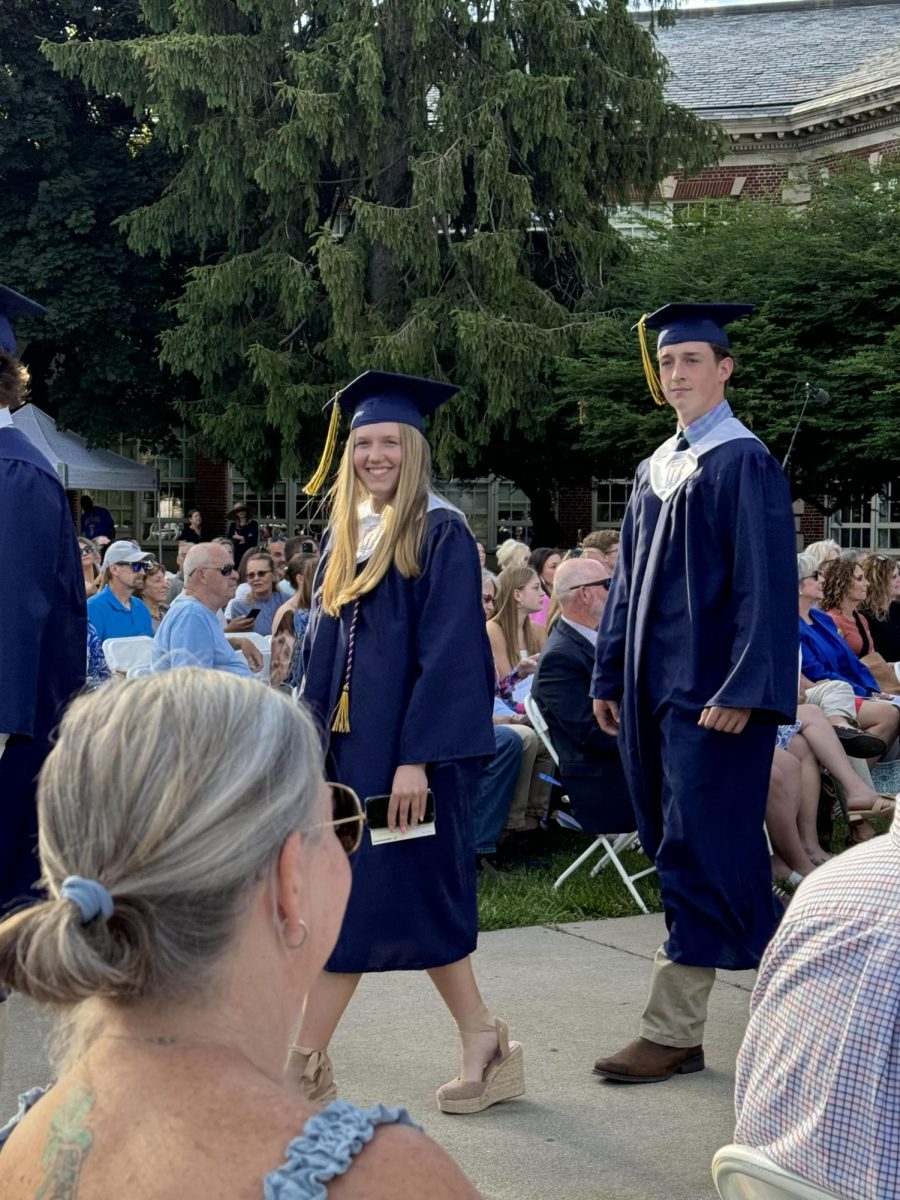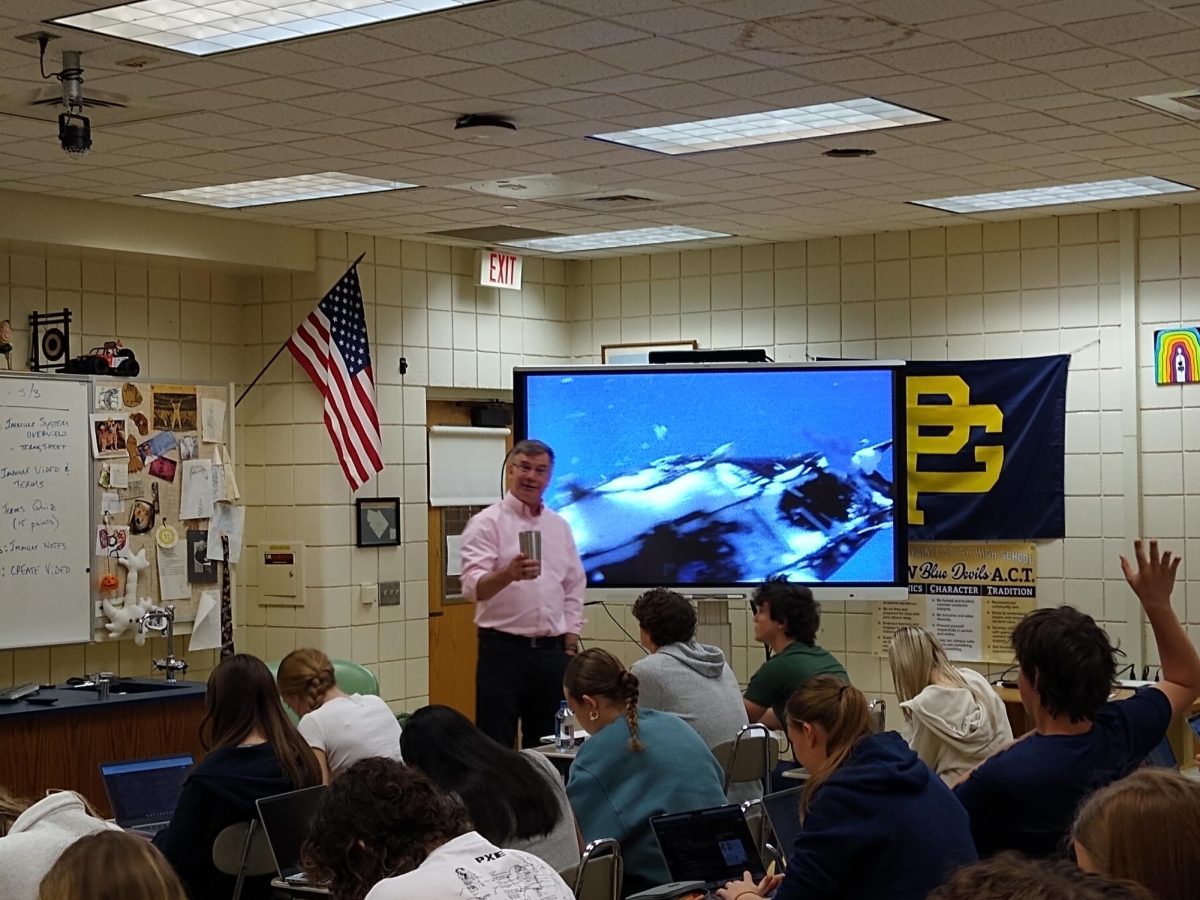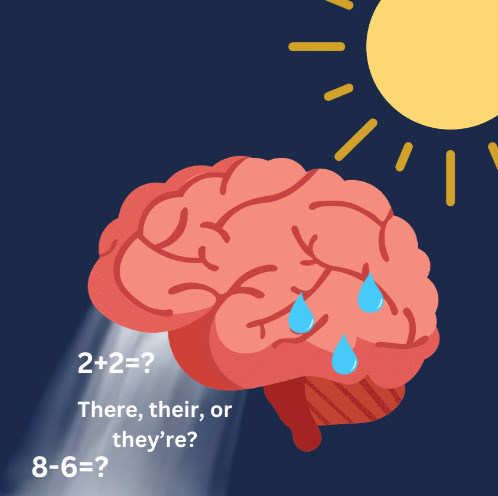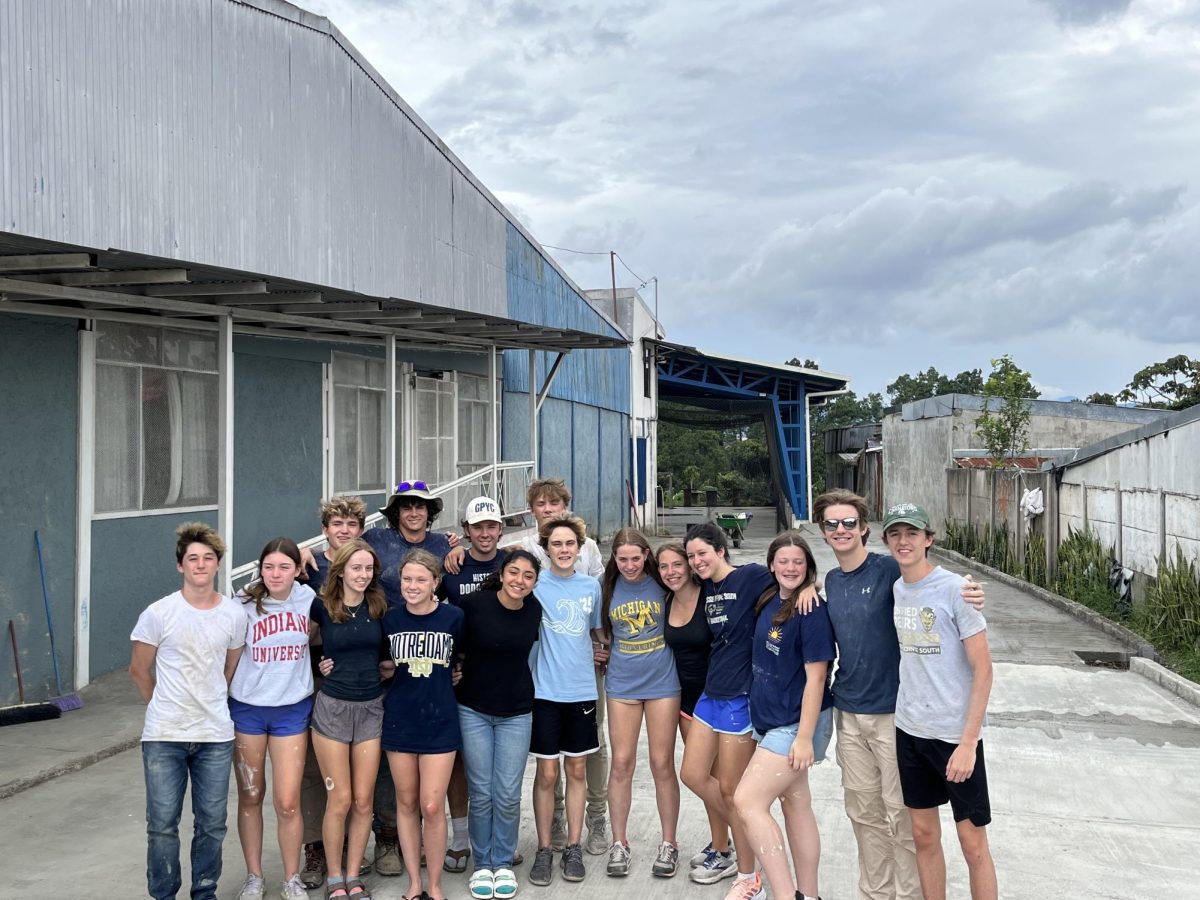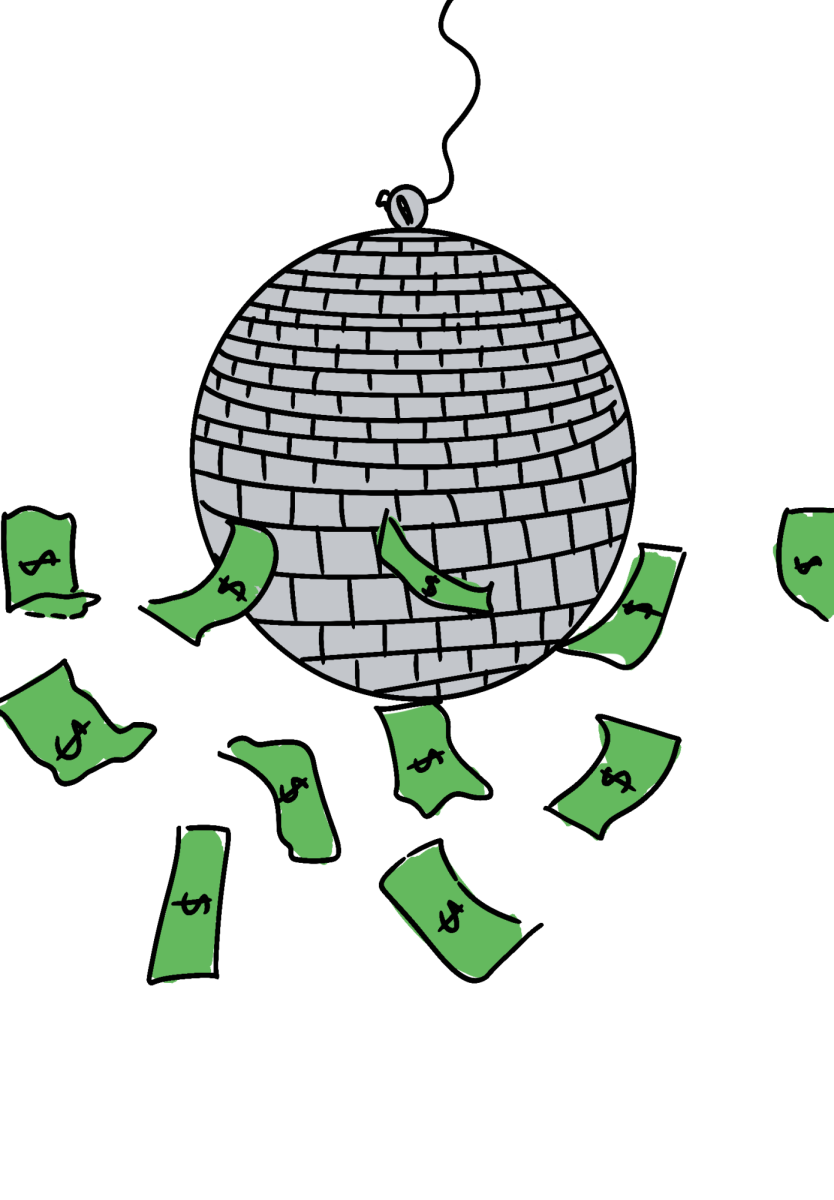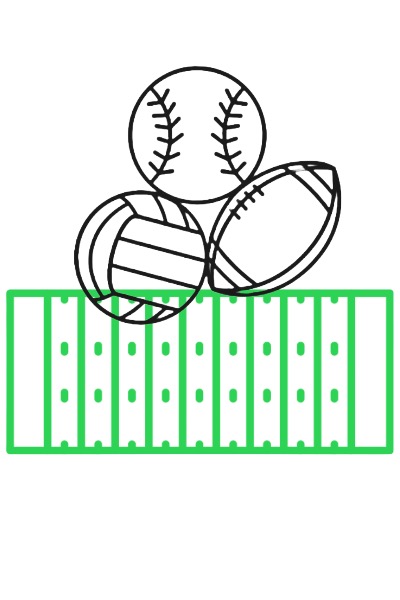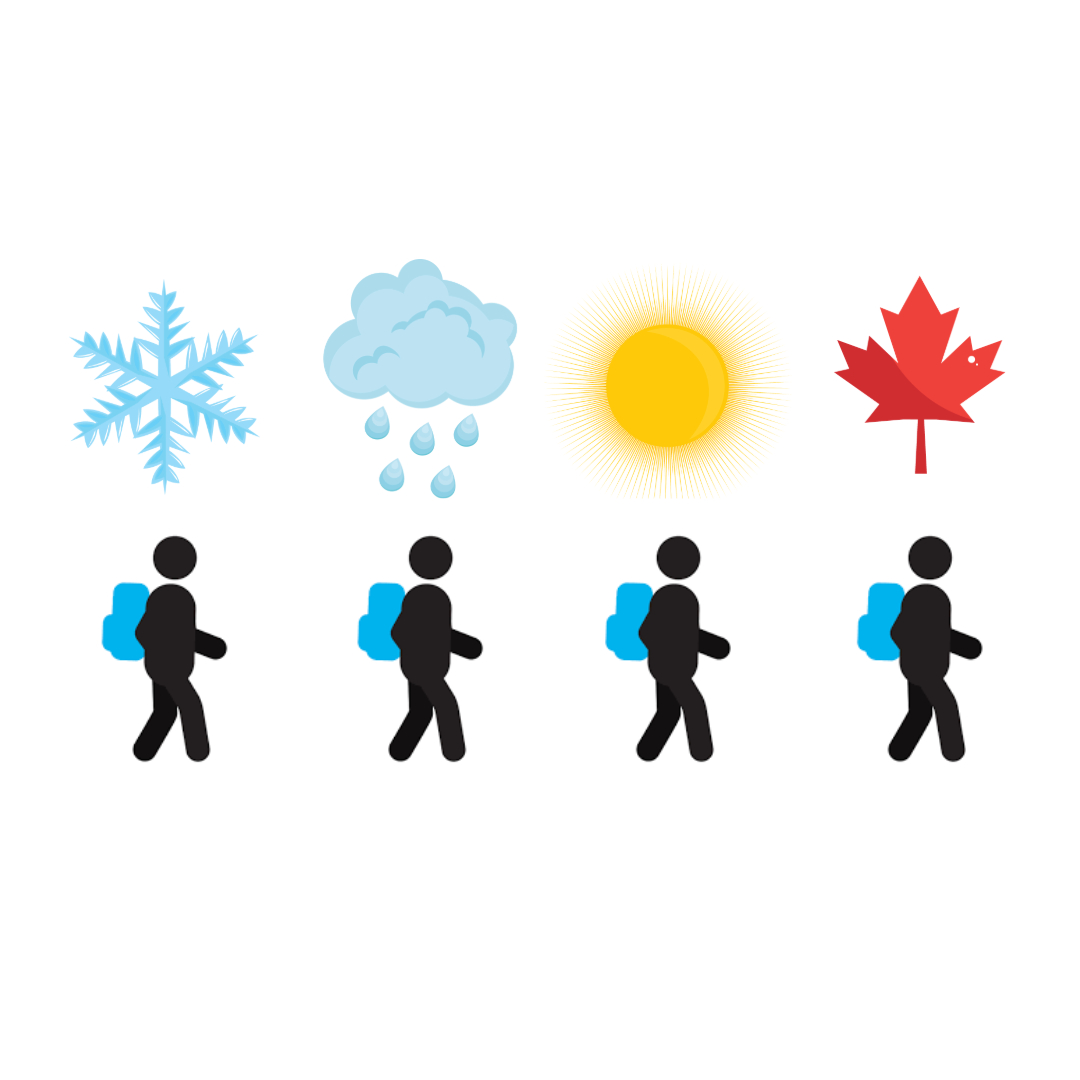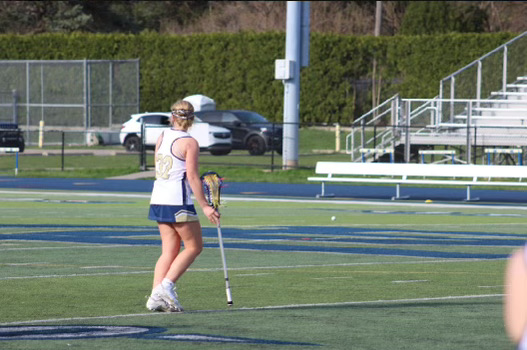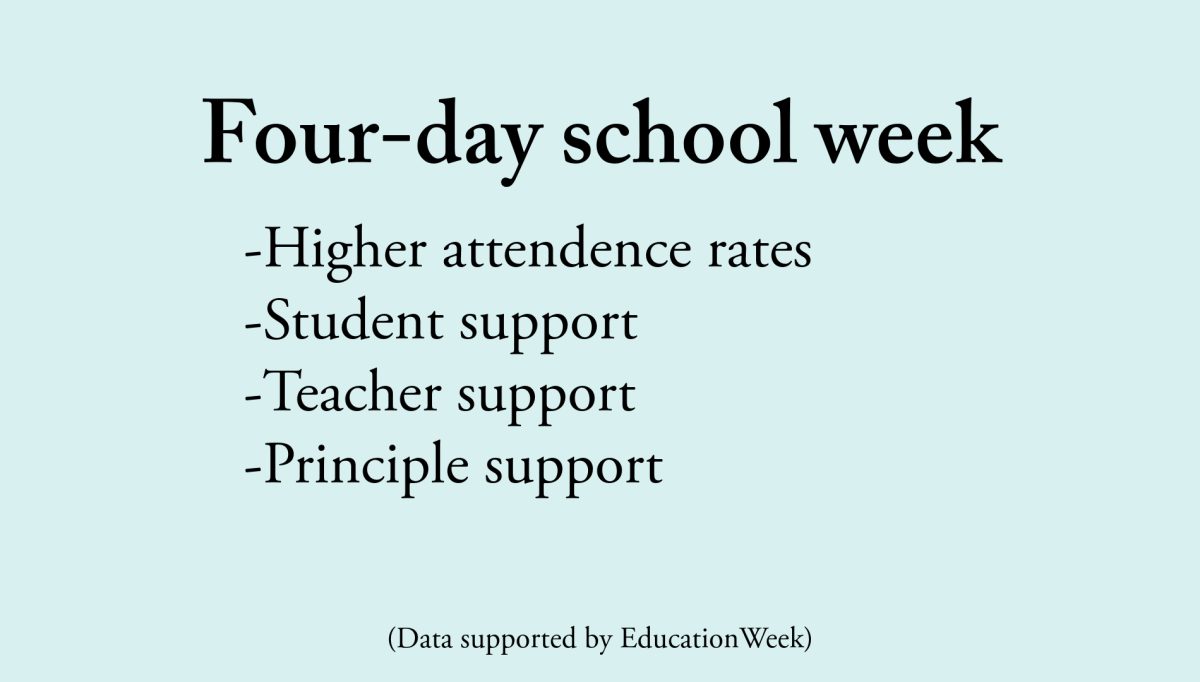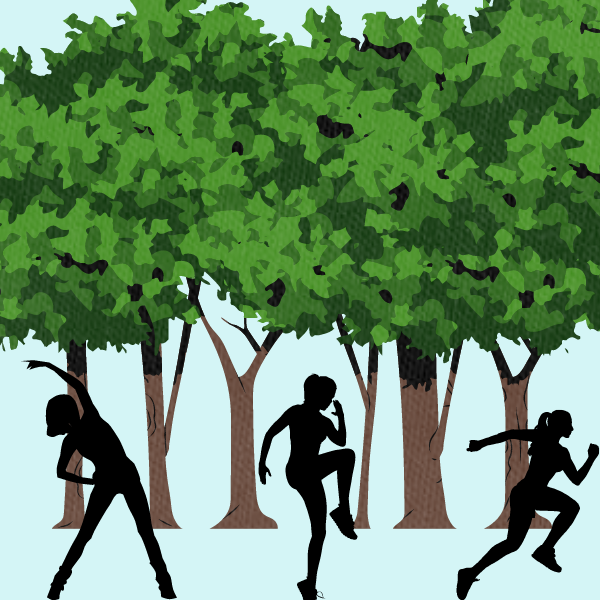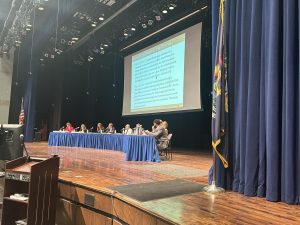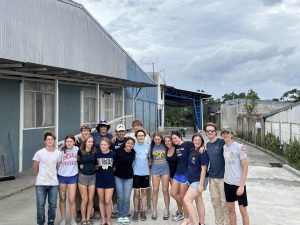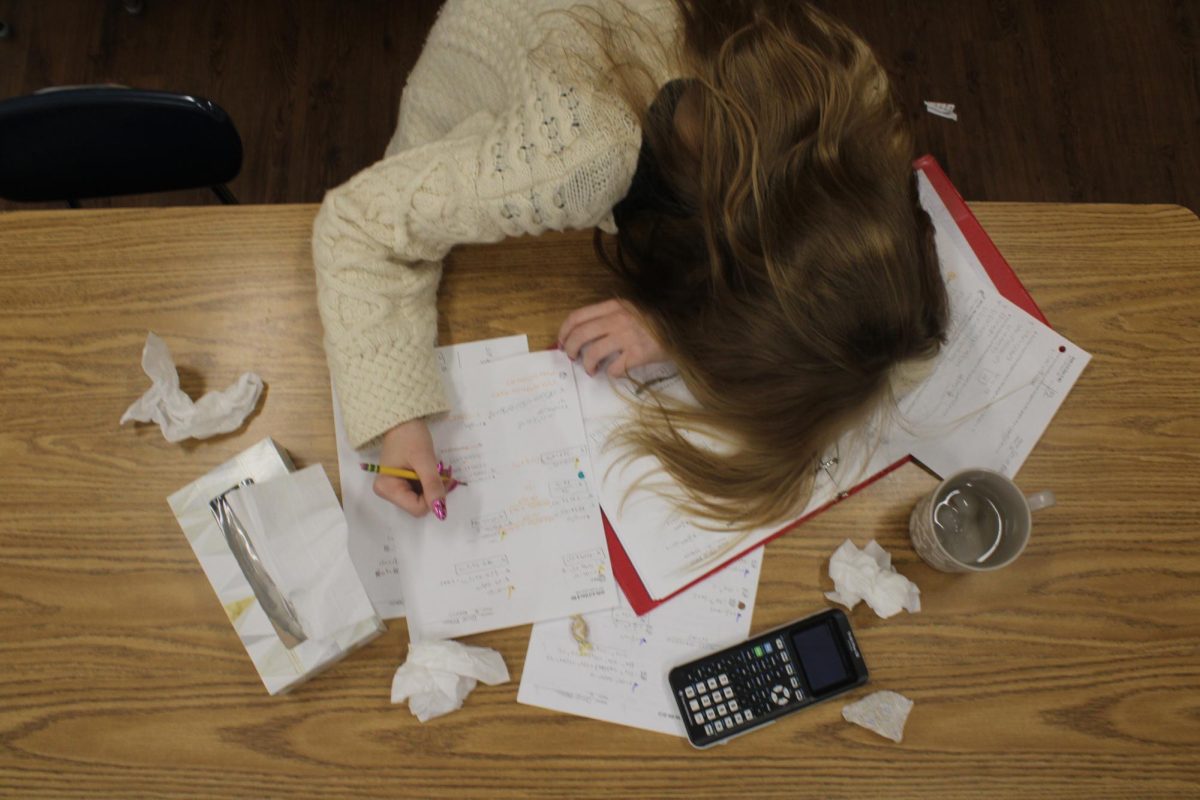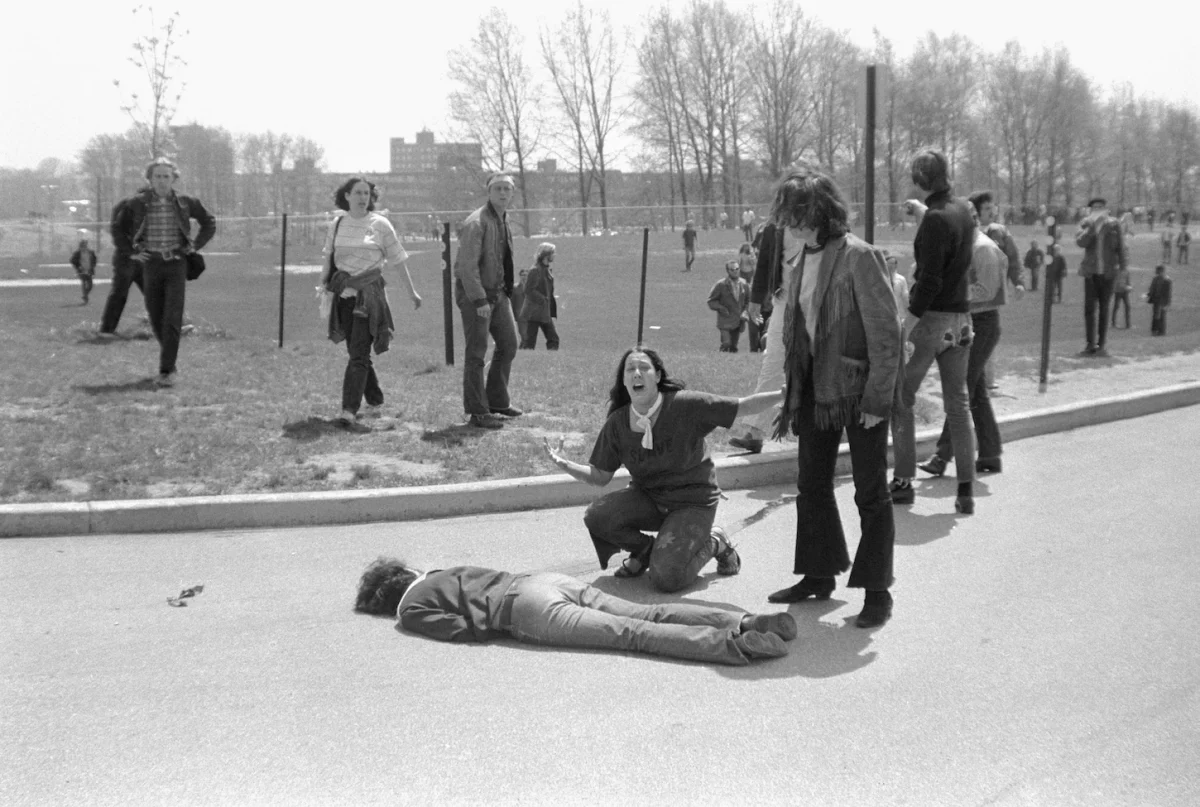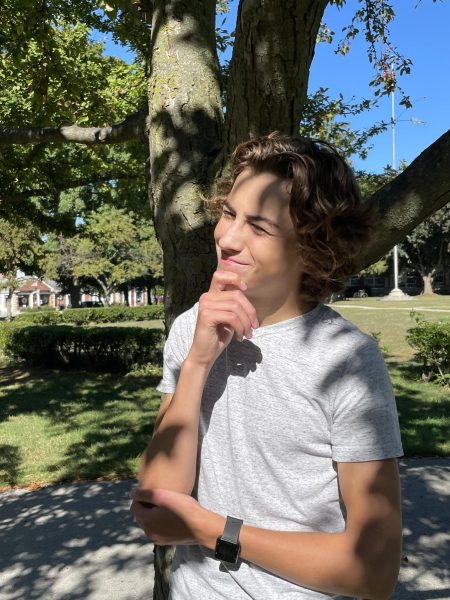You can hear it in the halls—a low, sickly rumble that seems to echo from all corners of the building, striking fear into the hearts of even those with the strongest immune systems. The cacophony of sneezes, sniffles and coughs that seem to plague our school every fall and spring are back with a vengeance, and the various responsible antigens are taking no prisoners. Some students, however, feel that this year’s round of illness seems more intense than usual, leaving them curious as to the cause.
Anna Williams ’24 speculated that it may be students’ desire to not miss school in the wake of such extensive quarantines for COVID-19 that may have caused the apparent increase in sickness around campus.
“Everyone is so over it that they choose to come to school instead of staying home like they are supposed to,” Williams said.
Williams said she herself has struggled with various colds and viruses, causing her asthma to flare up and subsequently keeping her home from school.
“(I’ve taken) a lot more time off school than I normally would have last year,” Williams said. “I’ve never had any bad asthma flare-ups (in previous years), but this year, it just got really bad.”
While the potency of illness may be no greater than in years past, Williams said she has noticed that fewer people she knows are staying home when they are sick, which may be leading to an increase in the spread.
“Most of my friends who (have) gotten sick will still come to school, but I definitely noticed a lot more coughing in class,” Williams said.
On the contrary, math teacher Jenna Roebuck said she has noticed little change in sickness rates this year compared to prior years, despite what some students have observed.
“I personally have not noticed more students being absent this year,” Roebuck said. “It seems pretty on par with how it has been in all my years of teaching.”
Roebuck said because she was out of the classroom last year, she cannot attest to what effect COVID may have had on the immune systems of students directly after lockdown. However, she maintained that if there were any effect, she has yet to see evidence of it this year.
“Last year, I actually was not in the classroom teaching,” Roebuck said. “The last year that I taught was actually COVID year, but this year to me seems pretty normal for the beginning of the school year.”
According to a recent paper published in the scientific journal Cell, innate immune cells could potentially remain altered for up to a year after a COVID-19 infection, thus causing Stem cells to create copies of immune cells that are more prone to generate inflammatory factors in response to a new pathogen. Although this new information helps to give insight into COVID’s long-term effect on the immune system, the findings are still new and are thus not yet widely accepted as fact. Dr. Leonard Johnson, Chief of Infectious Diseases at Ascension St. John Hospital said that it was patients who initially reacted strongly to COVID that typically encountered long-term complications, but that these complications were usually cardio-vascular.
“We certainly know that within a year of COVID infection, the early stages of COVID, (patients) had a very high risk of cardiovascular events,” Johnson said. “There was also a global issue of long- COVID as well, which can range from people having symptoms from brain fog (to) cardiac-manifestations, (and) lower energy.”
As for a supposed increase in sickness rates, Dr. Johnson said he has not seen substantial evidence to support the notion, however, he asserted that lower immune systems should be expected coming out of COVID.
“When (people) came back (from quarantine), to work and school, and eventually took their masks off, there was a big (resurgence) in other respiratory infections like influenza and RSV,” Johnson said. “We’re starting to see a more normal pattern of Flu and RSV infections.”
As the school year continues, Dr. Johnson advises that the best plan of action is to continue practicing good hygiene and keeping public spaces clean, while also continuing some of the practices started during the COVID lockdown.
“If you’re having respiratory symptoms, you should still probably test yourself before coming back to the school so you don’t infect other people at school,” Johnson said. “Follow all the Grosse Pointe Public Schools’ documentation (regarding) COVID.”

